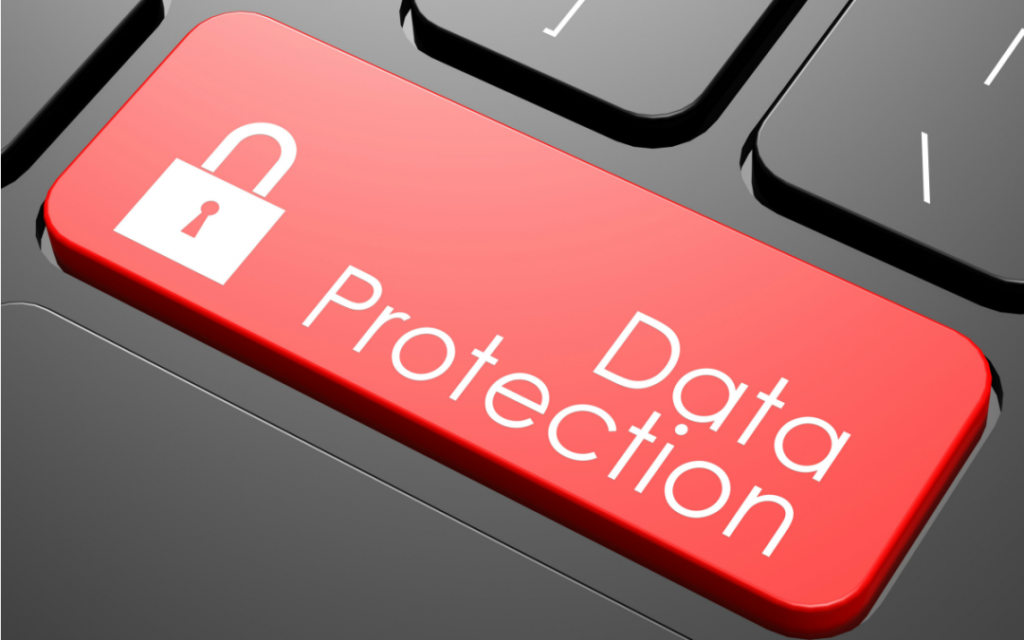In today’s digital age, where vast amounts of personal and sensitive information are exchanged online, the role of lawyers in ensuring data protection has become more critical than ever. From advising on compliance with privacy regulations to representing clients in data breach cases, attorneys play a vital role in upholding digital justice and safeguarding individuals’ rights to privacy and security. In this article, we explore the multifaceted role of lawyers in the realm of data protection and their indispensable contributions to maintaining ethical standards and legal integrity in the digital landscape.
Understanding the Legal Framework: Navigating Data Protection Laws and Regulations
The legal landscape surrounding data protection is complex and constantly evolving, with a myriad of laws and regulations governing how personal data is collected, processed, and stored. Lawyers specializing in data protection must have a deep understanding of these legal frameworks, including regulations such as the General Data Protection Regulation (GDPR) in Europe and the California Consumer Privacy Act (CCPA) in the United States. By staying abreast of the latest developments and advising clients on compliance measures, lawyers ensure that businesses and organizations adhere to legal requirements and protect individuals’ privacy rights.
Key Responsibilities:
Legal Compliance: Assisting organizations in understanding and complying with data protection laws and regulations applicable to their operations.
Risk Assessment: Conducting risk assessments to identify potential vulnerabilities and recommending measures to mitigate data security risks.
Data Breach Response: Providing legal counsel and representation in the event of data breaches, including notifying affected individuals and regulatory authorities, and navigating the legal ramifications.
Safeguarding Privacy Rights: Advocating for Individuals in the Digital Sphere
In an era marked by widespread data collection and surveillance, protecting individuals’ privacy rights is paramount. Lawyers specializing in data protection serve as advocates for individuals whose privacy rights have been infringed upon, whether through unauthorized data collection, data breaches, or privacy violations by corporations and government entities. By representing clients in privacy-related litigation and advocating for stronger privacy protections, lawyers play a crucial role in holding accountable those who violate privacy laws and rights.

Key Responsibilities:
Privacy Advocacy: Representing individuals in privacy-related litigation, including class-action lawsuits against companies that engage in data misuse or privacy violations.
Policy Advocacy: Advocating for stronger privacy protections through policy initiatives and legal advocacy aimed at shaping legislation and regulatory frameworks.
Education and Awareness: Educating the public about their privacy rights and providing guidance on best practices for protecting personal data in the digital age.
Ethical Considerations: Upholding Legal and Ethical Standards in Data Protection
In the fast-paced and ever-evolving field of data protection, lawyers must adhere to strict ethical standards to maintain the trust and confidence of their clients and the public. Upholding principles of confidentiality, integrity, and professionalism is essential in ensuring that legal representation in data protection matters remains ethical and effective. Lawyers must navigate potential conflicts of interest, maintain client confidentiality, and prioritize their clients’ best interests while advocating for data protection and privacy rights.
Key Considerations:
Confidentiality: Safeguarding client information and maintaining strict confidentiality to protect sensitive data from unauthorized disclosure.
Conflict of Interest: Avoiding conflicts of interest that may compromise the lawyer’s ability to represent clients effectively and impartially in data protection matters.
Professionalism: Demonstrating professionalism, integrity, and ethical conduct in all aspects of legal representation, including data protection advocacy.
The Future of Data Protection: Adapting to Technological Advancements and Emerging Threats
As technology continues to advance and new threats to data security emerge, the field of data protection is poised for continued evolution. Lawyers specializing in data protection must stay ahead of the curve, adapting their strategies and expertise to address emerging challenges such as artificial intelligence, IoT devices, and cybersecurity threats. By embracing innovation and leveraging legal expertise, lawyers can continue to play a pivotal role in safeguarding digital justice and protecting individuals’ privacy rights in an increasingly interconnected world.
Key Considerations:
Technological Literacy: Maintaining a deep understanding of emerging technologies and their implications for data protection and privacy rights.
Cybersecurity Collaboration: Collaborating with cybersecurity experts and IT professionals to develop robust data protection strategies and responses to cyber threats.
Continuing Education: Pursuing ongoing education and professional development to stay abreast of the latest legal developments, technological advancements, and best practices in data protection.
FAQs
1. What role do lawyers play in data breach response?
Lawyers specializing in data protection assist organizations in responding to data breaches by providing legal counsel on compliance with data breach notification laws, representing clients in breach-related litigation, and advising on risk mitigation strategies.
2. How can individuals protect their privacy rights in the digital age?
Individuals can protect their privacy rights by being mindful of the information they share online, using privacy-enhancing technologies such as encryption and virtual private networks (VPNs), and advocating for stronger privacy protections through policy initiatives and legal advocacy.
3. What are some common privacy violations that lawyers may litigate?
Common privacy violations that lawyers may litigate include unauthorized data collection, data breaches resulting from inadequate security measures, violations of privacy policies or terms of service agreements, and unlawful surveillance by government entities or corporations.
4. What legal frameworks govern data protection in different jurisdictions?
Data protection laws and regulations vary by jurisdiction, but some of the most widely recognized frameworks include the General Data Protection Regulation (GDPR) in Europe, the California Consumer Privacy Act (CCPA) in the United States, and the Personal Information Protection and Electronic Documents Act (PIPEDA) in Canada.
 Creative agency information Information about media, marketing y creative
Creative agency information Information about media, marketing y creative



